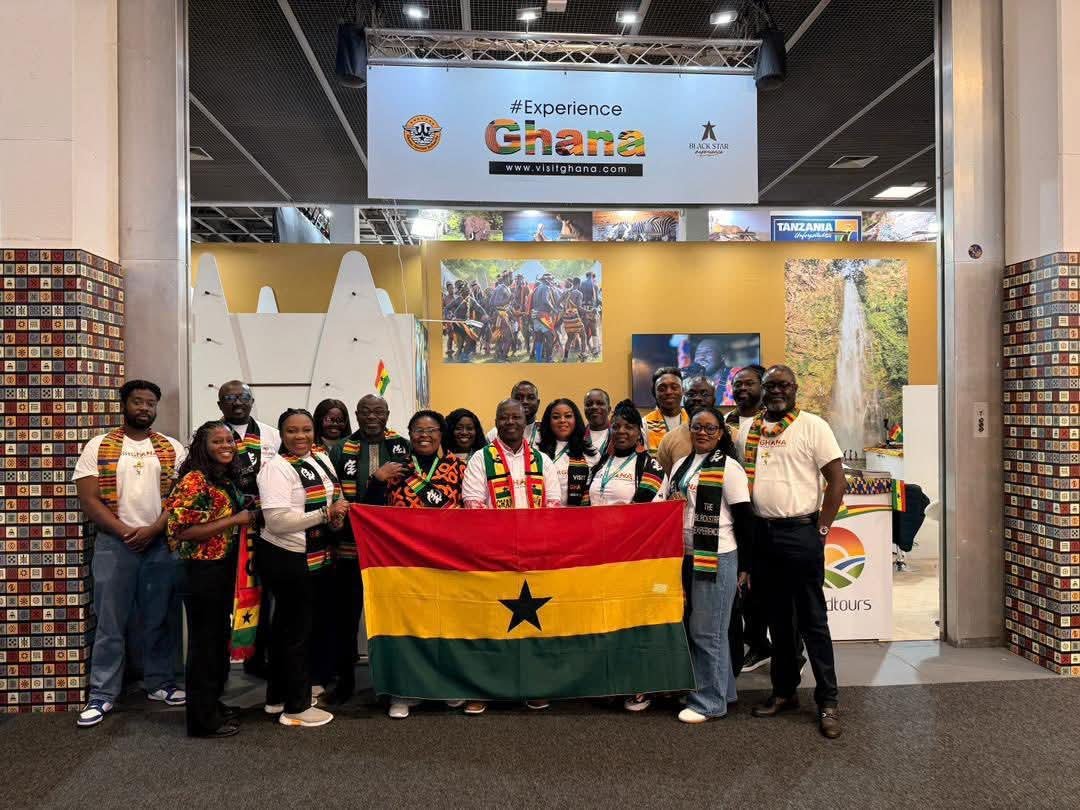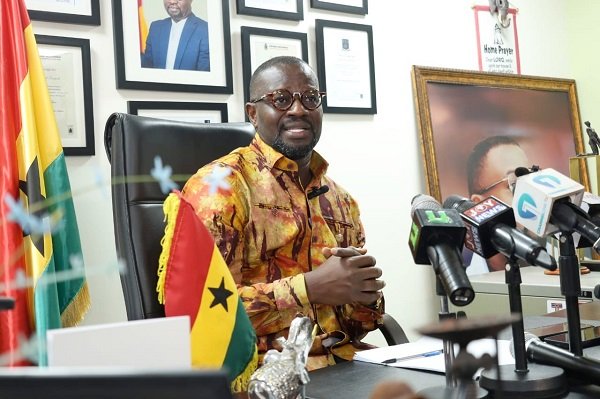Hot!
Beninese citizens feel insecure in the face of increased terrorism

Benin’s government has been taking steps to stop incursions after several months of terrorist attacks in the northwest and northeast of the country.
Despite this citizens still feel insecure. Jihadists first struck Porga in the Pendjari National Park area in December 2021, where two soldiers and an assailant lost their lives.
Following this, the government set up a military base in the north of the country aimed at reinforcing the security of goods and people.
But the attacks continued with the storming of the Monsey and Dassari police stations and other localities in the north, causing loss of life both among armed forces and civilians.
The authorities continue to reassure the people of Benin: “The Beninese army is sufficiently equipped to ward off all the scourges that can disturb the tranquillity of the Beninese,” Alain Fortunet Nouatin, Beninese Minister of Defense said.
“I will tell the people of Benin that they have nothing to fear.”
General Fructueux Gbaguidi, Chief of General Staff of the Beninese Armed Forces reinforced the message:
“We are going to make it so that every time someone tries to tackle Benin that they feel it deep in their spinal cord,” Gbaguidi said.
But the president of a consumer association in Benin, Robin Accrombessi believes the move to counter the jihadist attacks has left the average Beninese with the impression that his freedom of movement has been restricted.
“It prevents the consumer from having psychological security first because we are in constant fear.”
“We don’t know when they’re going to strike, we don’t know where they’re going to strike, we don’t know where we are safe when we move.”
“You have to go to regions and you dare not. You need to go sightseeing, to go to certain parks, to certain tourist sites, you don’t dare. It means that we are no longer free,” Accrombessi said.
Benin has long been one of the more stable countries in West Africa, where Islamic State and al Qaeda militants threaten Sahel countries, although criminal smuggling gangs also operate along its frontier.
Source: www.africanews.com
Hot!
Ghana Showcases Culture and Investment Potential at ITB Berlin 2026

Ghana Tourism Authority is leading Ghana’s participation at ITB Berlin, which opened in Berlin with a vibrant national pavilion highlighting Ghana’s rich cultural heritage, tourism destinations and investment opportunities.
March 5 has been designated as Ghana Day, a special platform to promote Ghana’s languages, cuisine, Kente, festivals and business prospects to the global tourism community. The stand has already drawn strong interest with traditional arts and crafts displays, immersive multimedia presentations and popular Ghanaian snacks.
Seven private-sector players are exhibiting alongside government officials as part of efforts to deepen trade partnerships, expand market access, and attract investment across the hospitality, heritage tourism, ecotourism, and creative arts sectors.
Ahead of the official opening, the Ghana delegation also engaged young Ghanaian investors in Germany in collaboration with V Afrika-Verein and the Ghana Embassy, strengthening diaspora investment linkages and highlighting opportunities within the tourism value chain.
Ghana’s coordinated presence at ITB Berlin 2026 reinforces its strategy to position the country as the Gateway to Africa and a competitive destination for leisure travel and global investment.
Hot!
Annoh Dompreh raises alarm over DACF arrears, calls for payment of contractors

The Member of Parliament for Nsawam Adoagyiri, Frank Annoh Dompreh, has expressed concern over delays in the release of the District Assemblies Common Fund, warning that the situation is stalling development across the country.
On his facebook page, he described as a matter of urgent national importance, the Minority Chief Whip pointed to what he sees as a growing crisis of unpaid contractors, abandoned projects, and halted infrastructure works in many districts.
He noted that several communities are grappling with half completed schools, unfinished health facilities, abandoned markets, deteriorating roads, and stalled sanitation projects.
According to him, many contractors who have executed projects for district assemblies have not been paid, forcing some construction firms to demobilise from sites while workers lose their jobs.
He stressed that the District Assemblies Common Fund is not a discretionary allocation but a constitutional requirement under Article 252 of the 1992 Constitution, intended to support development at the local level.
In his view, years of delayed releases and accumulated arrears have weakened district development financing and disrupted projects meant to improve living conditions in communities.
He further argued that some payments made in recent years were largely the settlement of old debts rather than funding for new or ongoing projects, a situation he believes has affected contractor confidence and local economic activity.
He described the issue as more than a budgetary challenge, characterising it as a development emergency and a governance concern.
He therefore urged the appropriate authorities to pay outstanding DACF arrears, settle contractors who have completed their work, and ensure that transfers to districts are automatic and predictable.
He maintained that decentralisation can only succeed when district assemblies receive adequate and timely funding to carry out development projects.
He emphasised that stalled projects directly affect ordinary citizens, since they rely on such infrastructure for education, healthcare, transportation, sanitation, and economic activities.
He called for renewed attention to grassroots development, insisting that national progress should not be concentrated only in major cities but extended to all communities.
By: Jacob Aggrey






